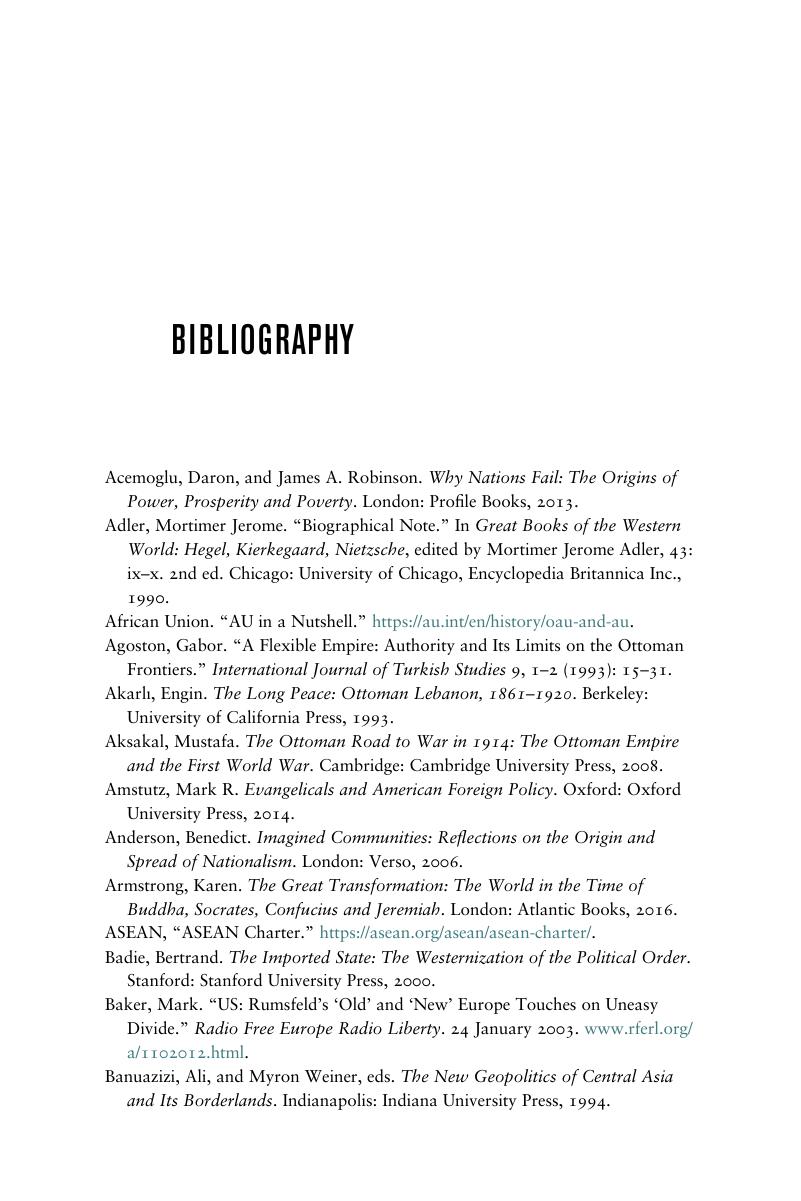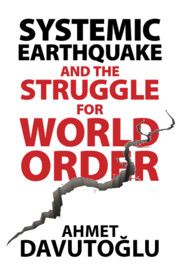Book contents
- Systemic Earthquake and the Struggle for World Order
- Systemic Earthquake and the Struggle for World Order
- Copyright page
- Dedication
- Contents
- Foreword
- Acknowledgments
- Abbreviations
- Introduction: Conceptual and Methodological Framework
- Part I Systemic Earthquake: Analysis and Consequences of World (Dis)Order
- Part II A New Vision: Inclusive Governance
- Notes
- Bibliography
- Index
- References
Bibliography
Published online by Cambridge University Press: 09 January 2020
- Systemic Earthquake and the Struggle for World Order
- Systemic Earthquake and the Struggle for World Order
- Copyright page
- Dedication
- Contents
- Foreword
- Acknowledgments
- Abbreviations
- Introduction: Conceptual and Methodological Framework
- Part I Systemic Earthquake: Analysis and Consequences of World (Dis)Order
- Part II A New Vision: Inclusive Governance
- Notes
- Bibliography
- Index
- References
Summary

- Type
- Chapter
- Information
- Systemic Earthquake and the Struggle for World OrderExclusive Populism versus Inclusive Democracy, pp. 273 - 287Publisher: Cambridge University PressPrint publication year: 2020



